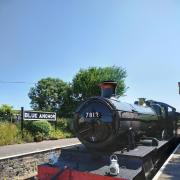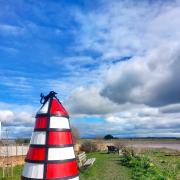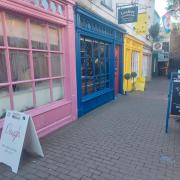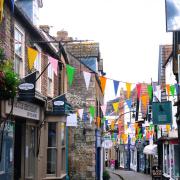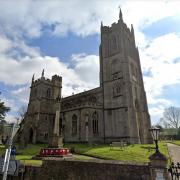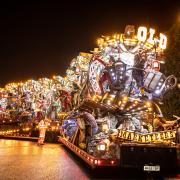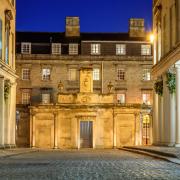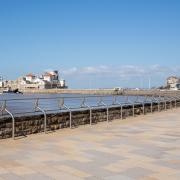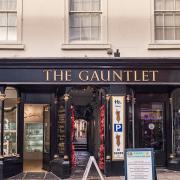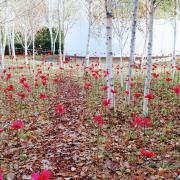This month Andrea visits Wrington, a village brimming with history
Wrington is a village and parish in North Somerset with a population of just over 2,500. Set in beautiful countryside, it is conveniently located just ten minutes to Bristol Airport, close to the M5 and an easy drive to Bristol and Bath.
At one time there was also a station. The Wrington Vale Light Railway was built in 1901, on the Cheddar Valley line to Blagdon, but closed to passengers just 30 years later. Now, the nearest station is four miles away in Yatton.
The village is full of history, which is researched and documented by an active local history society. For starters, there was a manor house which was first written about in 904 AD and appeared on old maps but had disappeared by the 1750s. Meanwhile, the striking All Saints parish church has had plenty of renovations, but the oldest part of the building dates from the 14th century.
In 1860, a ‘deeds of sale’ records that the original village school was sold to the Organ brothers, local wool dealers, as a storeroom for the princely sum of £19. The present school, Wrington C of E Primary School, thankfully still stands.
At the end of School Road, at a junction with the appropriately named Roper’s Lane, there is a tree protected by a fence, known as ‘the hanging tree’. It commemorates the spot where an older tree once grew, from which three local men were hanged following the Battle of Sedgemoor in 1685, on the instructions of the notorious ‘hanging judge’, Judge Jeffreys.
Wrington was formerly a market town under the Charter of King Edward II (1307-27), consisting primarily of Broad Street, High Street and Silver Street. Moving forward to the present day, it is now classed as a village, but still has a good selection of shops including an opticians, pharmacy, post office, convenience store, hair dressers, art gallery and bakery, as well as a lovely looking tea shop (sadly I arrived after closing time) and a couple of traditional, welcoming pubs; The Plough Inn and the Golden Lion.
Different interests are catered for including a drama society and gardening group, whilst there is an ample provision of sport with football, cricket and tennis clubs. A sports and social club, next to the extensive recreation ground, provides skittles and darts.
A mobile library visits twice a week and an old phone box has been converted into a community book exchange. There is also a weekly market with a wide range of home baked, home grown or hand crafted goods all locally produced within a radius of ten miles of the village. It’s well worth a visit.
Did you know...?
Past residents include Henry Walton Smith, founder of the business that became W.H.Smith.
Hold on! Why not explore more of Somerset’s villages?




